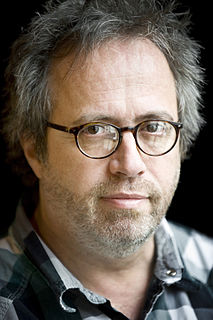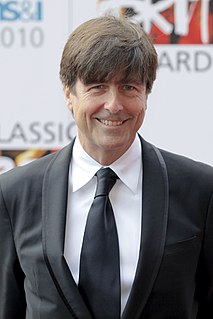A Quote by Genndy Tartakovsky
I've always thought that maybe I need to do a live-action movie, have it make a lot of money, and then come back and have a bigger budget for animation and do more with that.
Related Quotes
I do have more directorial control over animation, because it's like trial and error: If something doesn't work, you can always go back and change certain things. Whereas in live action, every day is a challenge, and you have to make decisions on an hourly basis. So in live action I have more freedom as a director, but in animation, I have more control over the final product.
A budget is not an issue. I mean a budget is used if you need more weeks or more time or more elements, but the creative process is exactly the same. In some instances you become more of a boss when you are doing a small movie. So that is not so relevant. The only thing is that the bigger a movie is in terms of budget, is that there are more people giving opinions.
I'm surrounded by a lot of live-action movie professionals, and I'm just taking their lead, as far as what to schedule to do next. I'm guessing the challenge is going to be not having two characters together, and shooting the live-action without having the animation. In animation, you get to get in between every frame and you work it all out together.
I do have huge pressure in terms of making my animation, because a lot of audiences and producers are expecting me to make films with a lot of action. They all know that I'm very good at action scenes, but I tend to not use many, so they're all frustrated with me. But I do that intentionally. Yes, if I do a movie with a bunch of action, it's going to be a lot more successful than the types of movies I'm making right now. The producers often say, "Instead of using all these philosophical phrases, why don't you change this into an action scene?" But I intend to continue to make these movies.
When you raise the budget, you make creative compromises. The higher the budget goes, the more cuts in your movie happen. When people talk about how movies are watered down, that's a direct reflection of money and budget. The less money you spend; the more risks you can take. That doesn't mean it will be successful, but at least you can try different stuff. The higher your budget is, the less you can do that.


































